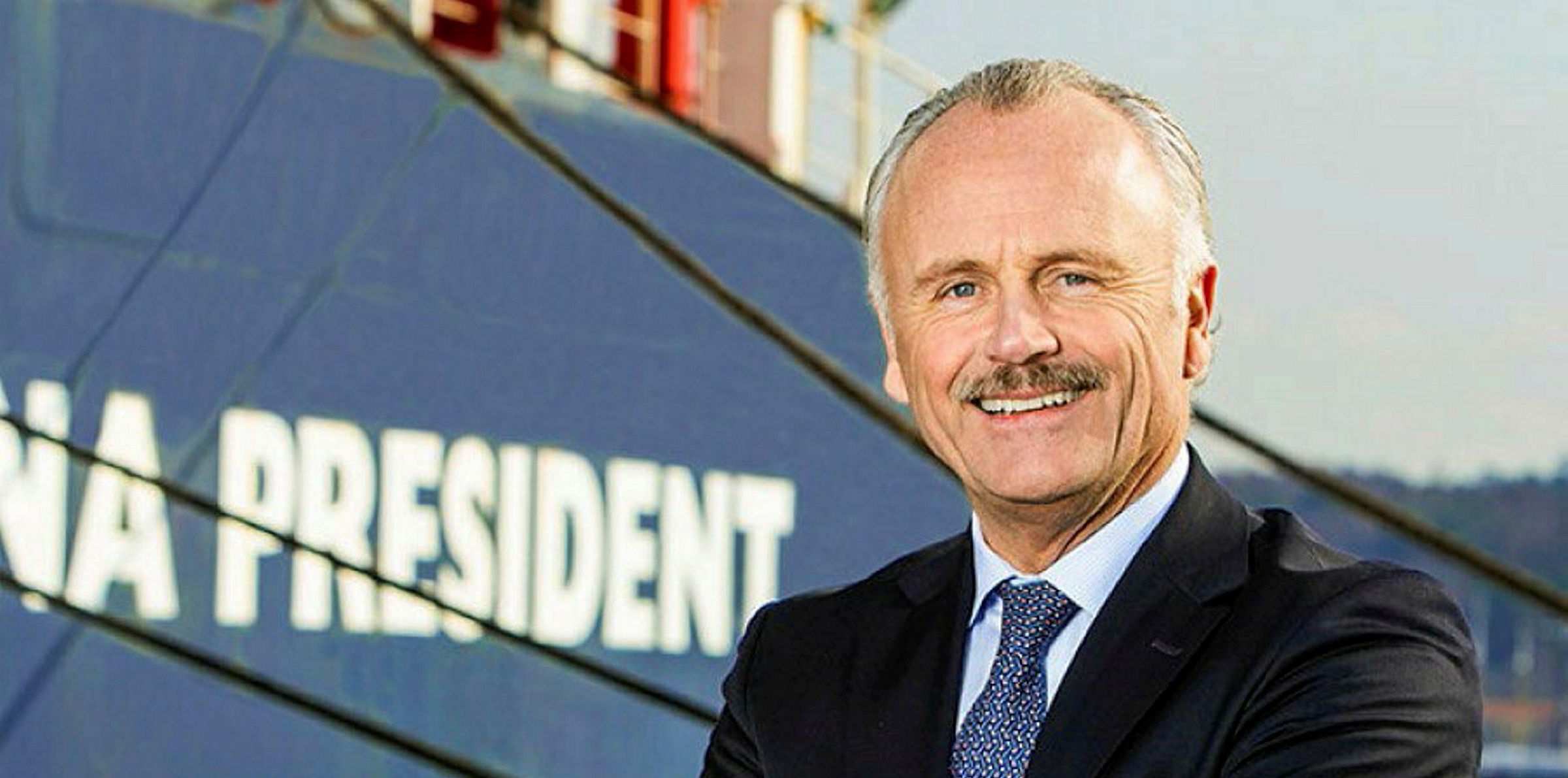Croatia's Tankerska Next Generation (TNG) chose to pull ships out of a poor third quarter product tanker market and put them in drydock instead.
The owner of six MR tankers said two vessels were redelivered from time charters in Asia to be "strategically positioned" into scheduled yard slots, which was considered the best possible utilisation of time in an uninspiring spot market.
Three completed drydockings in total resulted in 76 days out of service in the three months to 30 September.
"In uncertain global economic circumstances and a significantly poor spot market, compared to the first six months of 2020, the company has focused more intensively on the prospects of carrying out mandatory five-year repairs in the third quarter of this year," said chief executive John Karavanic.
Dockings moved forward
TNG had committed to docking four tankers by the end of 2020, but brought some forward, "which in hindsight turned out to be ideal timing and best possible utilisation in a spot market offering little or nothing over [a] vessel's running costs," the CEO added.
Karanavic said two of the ships have had new ballast water treatment systems installed as well.
He added that the company maintained a "robust stance" in a weaker third quarter, instead of "just playing an idle role."
The 50,000-dwt MR Vukovar (built 2015) meanwhile started a three-year charter with a US oil major in the quarter at "numbers nowhere to be seen since."
"We are now putting behind us a particularly striking first half of the year, both in terms of market volatility and an overclouding pandemic," the boss said.
"The financial cushion the company managed to secure in the first six months has deflated in the three months since, due to spot market exposure and strategic repositioning for drydock in a bad tanker market."
Balance is key
The company considers the repositioning and increased spot exposure a "somewhat specific event". But it remains the strategy to minimise the risk of its business operations by balancing the employment of the fleet between voyage and time charters, while emphasising the latter.
Three vessels are working spot, with the other three fixed on period business.
The sector was hit by a gradual unwinding of floating storage deployment and depressed aviation fuel demand, meaning a product tanker spot market in "freefall," TNG said.
The company fell to a net loss of $269,000 in the third quarter, from profit of $1.7m in 2019.
Revenue dropped from $9.8m to $7.5m.
The average daily time charter earnings of the fleet during the third quarter were $12,371 per day.






